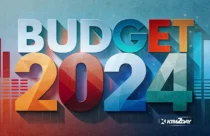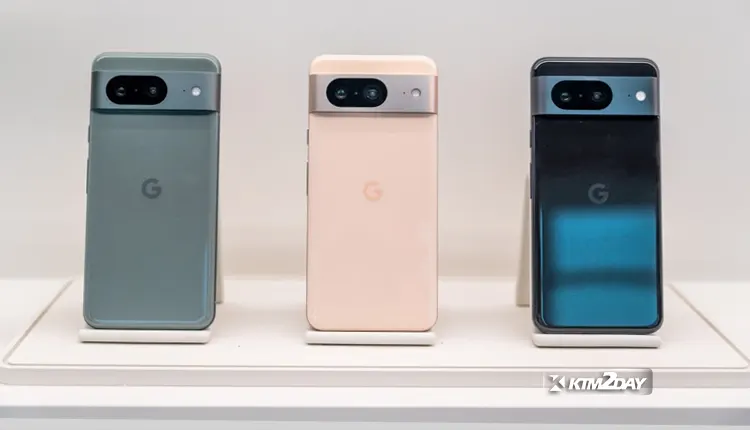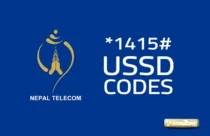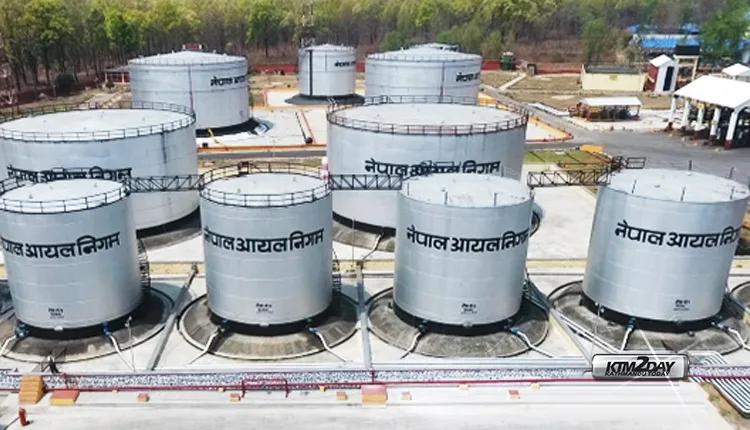Government unveils new frequency policy
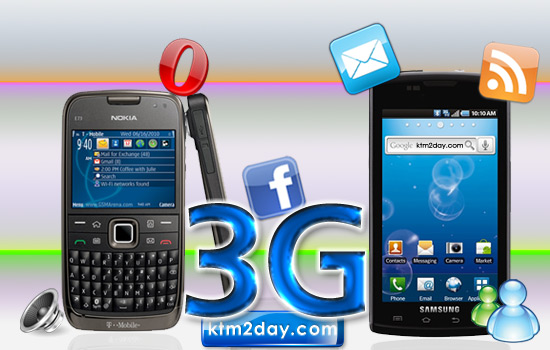

The government has finally unveiled a new frequency policy aimed at bringing in four more operators for third generation (3G) service. The Telecommunications Radio Frequency Distribution and Pricing Policy 2012 has set the base rate at Rs 12 million per MHz for 3G spectrum auction.
The new policy was made public on Tuesday by the Ministry of Information and Communications after incorporating the suggestions of the Radio Frequency Policy Determination Committee. The policy has come into effect from Nov 4, according to the ministry.
As per the new policy, there will be re-farming of the frequency to make available 40 MHz spectrum for 3G services in the 2100 MHz band and four operators will each get 10 MHz. However, the telecom operators will have to acquire unified license before taking part in a 3G spectrum auction.
As of now, two big operators—Nepal Telecom and Ncell—are providing 3G service after getting 10 MHz each in the same band at free of cost. The new policy states that both Nepal Telecom and Ncell will have to pay the same fee per MHz within 30 days as quoted by the highest bidding telecom company.
The new policy has set a target of auctioning 3G spectrum within three to six months after issuing unified licence to at least two operators.
United Telecom Limited, Smart Telecom and STM Telecom have been showing interest to acquire the unified licence that would allow them to operate local, domestic trunk, international long distance and cellular mobile telephone services.
“New policy has made it clear that we will be able to assign frequency required to operate under unified licencing system,” said Ananda Raj Khanal, officiating chairman of the Nepal Telecommunications Authority (NTA). According to him, besides the 3G service, an operator will also have to get unified licence if it wanted to operate 4G.
In a bid to give level-playing field to all the operators, the government about five months ago had introduced the unified licencing system “basic telecommunication service”. NTA officials said that work on issuing the unified licence had been taking more time than anticipated due to delay in appointment of new chairman at the NTA.
The new policy has also brought relief to operators as they will be able to pay unified licence renewal fee of Rs 20.13 billion in installment over a period of 10 years. In the first year of service operation, the operator will have to pay a licence fee of Rs 50 million. The policy said that the installment amount would increase each year after three years of operation and the operator will have to pay Rs 2 billion to the government in the final year to renew the licence.
If the government fails to issue unified licence to minimum two operators within one year after implementation of the new policy and could not auction 3G spectrum, the only existing basic telecom service providers Nepal Telecom, United Telecom Limited, Nepal Satellite Telecom and mobile service provider Ncell would be provided 3G spectrum without auction at the same base rate per MHz set in the policy.




